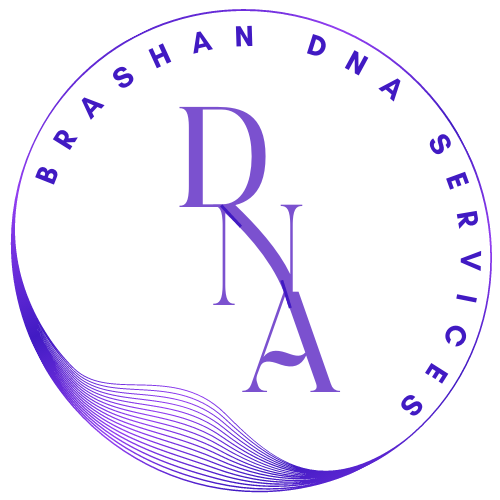The dangers of DNA tests have become apparent as DNA testing has become increasingly popular in recent years, with more and more people turning to it to learn more about their ancestry and health. However, there are some serious risks associated with DNA testing that many people may not be aware of. In this blog post, we’ll explore the potential dangers of DNA testing and provide some tips on how to protect yourself from them.
The dangers of DNA tests: Risks of Unauthorized Access to Your Data
One of the dangers of DNA tests is that your data could be accessed by unauthorized individuals or organizations. Many companies offering DNA tests store your data in their databases, which can be vulnerable to hackers or other malicious actors. This means that your personal information, such as your name, address, and medical history, could be exposed without your knowledge or consent. Additionally, if you’ve taken a test from a company that shares data with other organizations (such as law enforcement agencies), your data could be used for purposes you didn’t intend or consent to.
The Potential for Discrimination
Another risk associated with DNA testing is the potential for discrimination based on genetic information. For example, employers may use genetic information obtained through a DNA test to make decisions about hiring or promotion. Insurance companies may also use genetic information to determine eligibility for coverage or set premiums. In addition, landlords may use genetic information when deciding whether to rent an apartment or house to someone. All of these scenarios could lead to discrimination based on someone’s genetic makeup.
The Risk of Unwanted Contact
Finally, another risk associated with DNA testing is the potential for unwanted contact with family members who have taken similar tests. Many companies offering DNA tests allow users to connect with other users who have similar results – including distant relatives who you may not have known existed before taking the test. While this can be a great way to learn more about one’s family history and heritage, it can also lead to unwanted contact from people you don’t know or don’t want contact from – such as distant relatives who are trying to establish a relationship after learning about each other through the test results.
Tips for Protecting Yourself When Taking a DNA Test
Given the potential risks associated with taking a DNA test, it’s important that you take steps to protect yourself when doing so:
- Read all terms and conditions carefully before agreeing to take a test – make sure you understand what will happen with your data once it is collected and stored by the company offering the test;
- Be aware of any privacy settings offered by the company – make sure you understand what type of access others will have to your data;
- Consider opting out of any sharing programs offered by the company – if possible;
- Be aware of any potential discrimination laws in your area – some states have laws that prohibit employers from using genetic information when making hiring decisions; and
- Consider opting out of any family-matching programs offered by the company – if possible.
Conclusion
By following these tips and being aware of the potential risks associated with taking a DNA test, you can help ensure that your personal information remains safe and secure while still learning more about yourself through these tests.
Phone
Location
Store Hours
M-F: 8am – 8pm
S-S: 8am – 8pm

